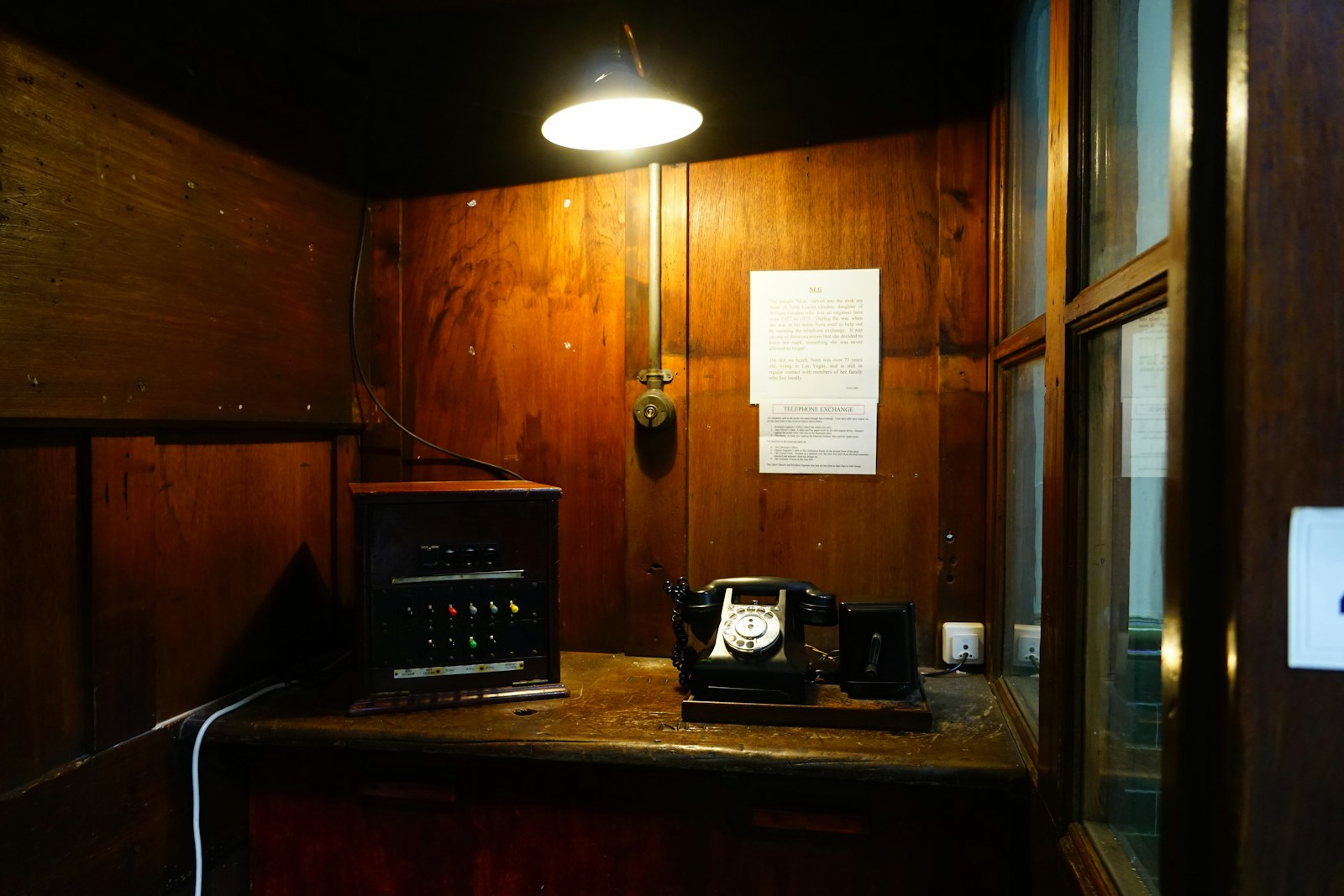Radio Telephone Operator (Restricted) Certificate and Licence Rules, 2025: A Comprehensive Overview

The aviation industry is highly regulated to ensure safety and efficiency. One such set of regulations is the “Radio Telephone Operator (Restricted) Certificate and Licence Rules, 2025,” which governs the operation of radio-telephone services in aviation. These rules are designed to ensure that only qualified and authorized individuals operate critical communication equipment, thereby maintaining the integrity and safety of air traffic management.
The rules define key terms to provide clarity and consistency. The “Act” refers to the Bharatiya Vayuyan Adhiniyam, 2024, which is the overarching legislation for civil aviation in India. The “Certificate and Licence” pertain specifically to the Radio Telephone Operator (Restricted) Certificate and Licence, which are essential for operating radio-telephone services. The “Director General” is the Director General of Civil Aviation, who oversees the implementation and enforcement of these rules. The “Radio Regulations” are based on international standards set by the World Radiocommunication Conference, ensuring global compatibility and safety.
To operate radio-telephone apparatus in aviation, individuals must hold a valid Certificate and Licence. This requirement ensures that operators are trained and qualified to handle the critical communication systems used in aircraft stations and earth stations. The Central Government is the Licensing Authority responsible for granting or extending these Certificates and Licences, ensuring that all operators meet the necessary standards.
Eligibility for the examination to obtain the Certificate and Licence is restricted to applicants who are at least sixteen years old and have passed Class X or its equivalent from a recognized board. Re-examination is not permitted within six weeks of the initial attempt, and non-Indian citizens must obtain security clearance from the Government of India. These eligibility criteria ensure that only qualified and vetted individuals can operate radio-telephone services.
The application process for the examination is straightforward but must be completed in the form and manner specified by the Director General. The examination itself consists of a written test and a practical test. The written examination covers regulations, radio principles, and radio telephony, while the practical examination involves a simulated environment test. Certain qualified individuals, such as pilots from the Indian Air Force or holders of equivalent international licences, may be exempt from the written examination.
Fees for the examination and issuance of the Certificate and Licence are clearly defined. The written examination fee is Rupees two thousand, while the practical examination fee is Rupees five hundred. The issuance fee for the Certificate and Licence is Rupees five thousand, and a duplicate Certificate and Licence costs Rupees five hundred. These fees ensure that the process is financially accountable and that resources are available for the administration and enforcement of the rules.
To obtain a Certificate and Licence, applicants must meet specific requirements. They must be at least sixteen years old, have passed Class X or its equivalent, and have successfully completed the examinations as outlined in Rule 8. These requirements ensure that only qualified individuals are granted the authority to operate radio-telephone services.
The validity of the Certificate and Licence extends until the holder reaches eighty years of age, with the possibility of extension beyond eighty if the holder meets the Director General’s specified requirements. Existing Certificates and Licences granted under previous rules remain valid until their expiry, ensuring continuity and stability in the industry.
Holders of the Certificate and Licence have the authority to operate mobile stations under specified conditions. These conditions include limitations on transmitter power and frequency stability, ensuring that operations are safe and compliant with international standards.
Certificate and Licence holders must produce their documents upon demand for inspection by authorized officers. This requirement ensures that operators are accountable and that their qualifications are verified when necessary.
In cases where a Certificate and Licence is lost, mutilated, or destroyed, the holder must inform the Director General. Applications for duplicates or variations must be made in the specified form and manner, ensuring that the process is documented and regulated.
Disqualification from holding or obtaining a Certificate and Licence may occur for reasons such as suppression of information, impersonation, or tampering with documents. The Central Government may also permanently or temporarily debar individuals in the public interest, ensuring that only trustworthy and qualified individuals operate radio-telephone services.
Cancellation or suspension of a Certificate and Licence may be warranted for contravening rules, using unfair means during exams, or fraudulent use. The Central Government may take such actions in the public interest, ensuring that the integrity of the system is maintained.
Appeals against decisions made under these rules can be made to the First or Second Appellate Officer. Appeals must be accompanied by supporting documents and a fee of Rupees one thousand, ensuring that the process is fair and transparent.
The Director General may issue special directions, known as Civil Aviation Requirements, related to the examination, grant, and operation of radio-telephone services. These directions may be exempted under certain conditions, ensuring flexibility and adaptability in the regulatory framework.
Offences under these rules may be compounded with a fine up to one lakh rupees. Applications for compounding must be made in the specified form with supporting documents and a fee, ensuring that the process is structured and accountable.
Finally, existing Certificates and Licences granted under previous rules remain valid until their expiry or until further notice by the Central Government. This provision ensures continuity and stability in the industry while allowing for the transition to new regulations.
In conclusion, the “Radio Telephone Operator (Restricted) Certificate and Licence Rules, 2025” provide a comprehensive and structured framework for the operation of radio-telephone services in aviation. These rules ensure that only qualified and authorized individuals operate critical communication equipment, thereby maintaining the integrity and safety of air traffic management. By defining clear eligibility criteria, examination processes, fees, and operational scopes, these rules contribute to the overall efficiency and reliability of the aviation industry.
For further details write to contact@indialaw.in
By entering the email address you agree to our Privacy Policy.



